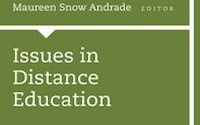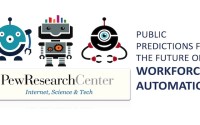
Faculty Technology Usage Resulting from Institutional Migration to a New Learning Management System
Research literature is flush with articles discussing how teachers use individual learning management systems. However, very few studies examine how faculty are affected as they move from one platform to another. This study addresses that gap and examines how faculty adapt their online teaching practices as they migrate systems. In doing so, faculty usage levels […]















